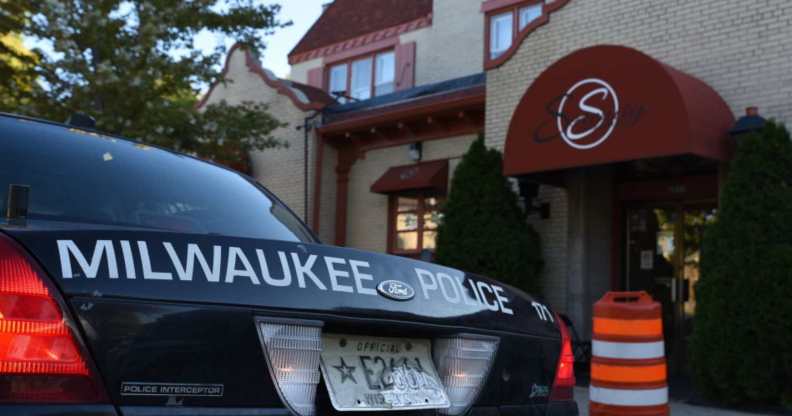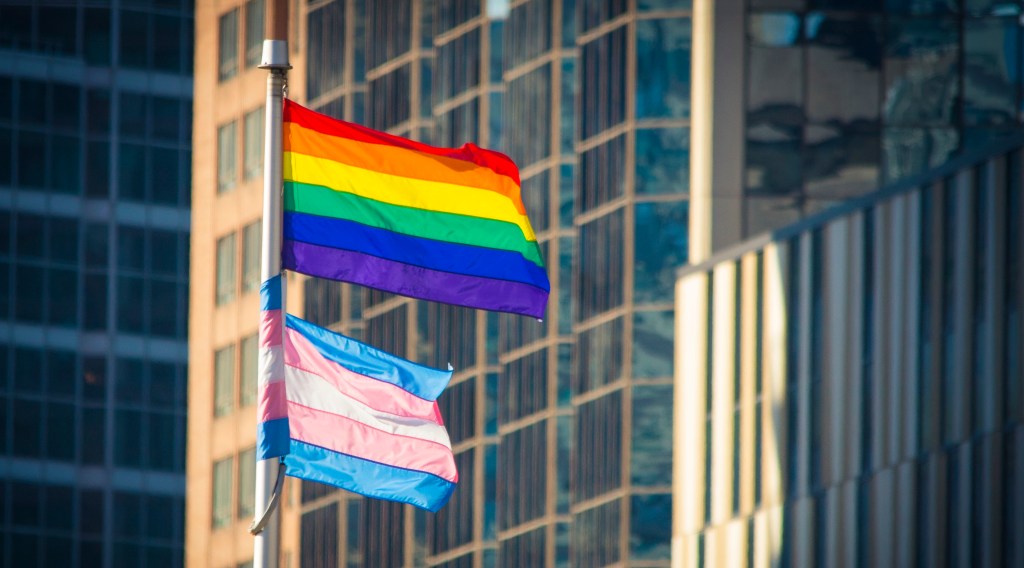Milwaukee police to withhold victims’ gender when reporting on crimes to avoid misgendering

Milwaukee Police Department will no longer release information on the gender of crime victims. (Getty Images)
Police in Milwaukee, Wisconsin have pledged to avoid listing victims’ genders in official statements after a misgendering incident.
In a statement last week, Milwaukee Police Department officials confirmed: “To maintain both the privacy and dignity of crime victims, their families, and loved ones, the Milwaukee Police Department (MPD) will no longer proactively report out to the community victim information related to gender or race.”
The suggestion was first raised by the department’s LGBTQ+ liaison Sergeant Guadalupe Velasquez, who asked for a policy change following instances of misgendering transgender crime victims.
“We don’t want to make a traumatic experience for a family worse,” said Velasquez.

When asked by local media outlet TMJ4 if misgendering transgender victims has hurt members of the LGBTQ+ community, Velasquez replied: “Based on the conversations I had, yes.
“It was something that was a topic that led to some uncomfortable conversations for me where some of the organizations were like, we’re not willing to work with the police department because clearly, you don’t have respect for us.”
After discussing the issue with people in the LGBTQ+ community and members of the police department, it was decided that MPD will no longer share a victim’s gender when reporting on crimes.
“I think the biggest thing is the department wants to make sure we’re always being respectful,” said Velasquez.
Of course, the sergeant noted, the ideal solution to the issue of misgendering is to get people’s gender identities right the first time.
But, she explained, MPD ultimately decided to withhold information on a victim’s gender altogether to avoid risking any mistakes.
“I think it’s because the information is not always readily available and we don’t always have somebody on the scene to make sure that we’re getting it right,” Sgt. Velasquez said.
“I think this is a way to make sure that the department doesn’t get it wrong.”
MPD noted that they will still share a person’s gender if they are a suspect since this information could be critical in helping the public identify them.
How did this story make you feel?

